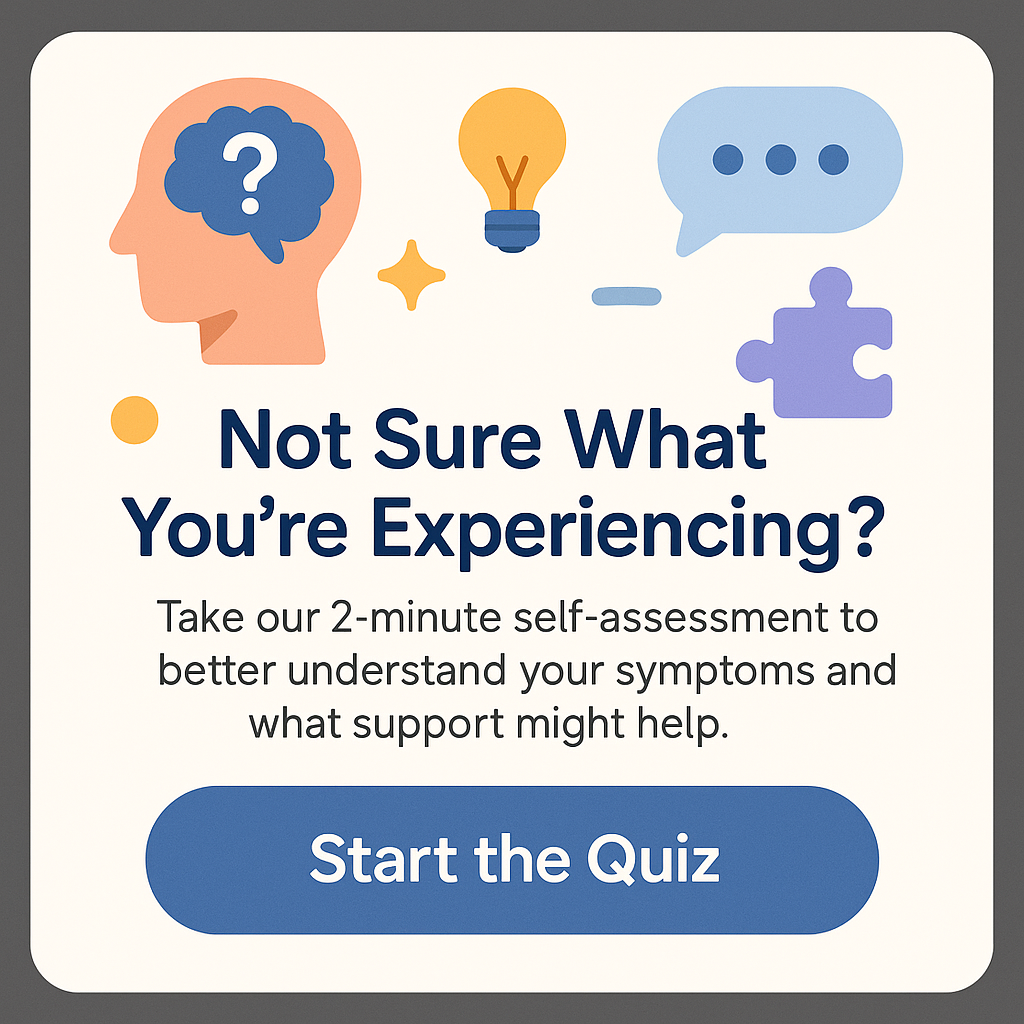Does Autism Affect Intelligence? Understanding the Connection
Explore the connection between autism and intelligence. Discover how autism affects cognitive abilities and much more! Click to learn more.
Autism Spectrum Disorder (ASD) is often shrouded in myths and misunderstandings. One of the most common questions asked is: Does autism affect intelligence? This query not only stems from a genuine interest in the condition but also reflects broader societal perceptions of autism. Some people equate autism with below-average intelligence, while others hold the belief that those on the spectrum may possess exceptional abilities in specific areas like mathematics, memory, music, or art. In this article, we aim to unpack the complexities surrounding autism and intelligence, diving into current research, expert opinions, and real-life experiences.
The Spectrum of Intelligence in Autism
To understand whether does autism affect intelligence, we first need to recognize that autism is indeed a spectrum. The term ‘spectrum’ implies that individuals with autism display a wide range of skills, abilities, and challenges. Consequently, intelligence within this group is not homogenous, meaning that each individual can exhibit differing cognitive profiles. Some individuals with autism might have average or above-average intelligence, while others may have intellectual disabilities.
Research shows that about 40% of individuals diagnosed with autism have intellectual disabilities, whereas around 30% fall into the average intelligence range. The remaining 30% may even have above-average intelligence, with some showing savant skills or exceptional talents in specific areas. This diverse range complicates the question of whether autism affects intelligence because it implies that more factors are at play.
One fascinating aspect is that cognitive functioning does not solely rely on IQ. Many experts argue that intelligence is multifaceted, encompassing social, emotional, and practical skills that traditional IQ tests fail to measure. Thus, understanding this more comprehensive definition of intelligence can help us see that does autism affect intelligence might not be the right question; rather, how does autism shape unique cognitive profiles?
Understanding the Challenges and Strengths
Moving beyond the basic statistics, it becomes necessary to examine the various challenges and strengths associated with autism to clarify the inquiry into does autism affect intelligence. Every individual on the spectrum possesses unique traits, so examining these broadly can reveal insights about cognitive abilities and functionality.
Many individuals with autism face challenges with social communication, sensory processing, and executive functioning. These difficulties can impact the way they approach learning and problem-solving, which may not reflect their intelligence accurately. For example, an individual might struggle with conventional teaching styles or classroom environments that do not cater to their learning preferences, leading to an underestimation of their capabilities.
However, many also possess exceptional strengths that can lend themselves to unique forms of intelligence. For example, people with autism may demonstrate heightened perception in specific areas, including attention to detail, visual-spatial skills, or even pattern recognition. Their ability to focus intensely can result in remarkable expertise in niche subjects or skills. The stereotypical image of the ‘savant’ comes to mind here, showcasing individuals on the spectrum who surpass typical performance levels in specific domains, such as art, music, or mathematics.
Thus, while investigating does autism affect intelligence, we must take into consideration that traditional assessments may not fully capture the abilities of individuals with autism. Instead, we should foster environments that allow each person to shine without adhering to strict and potentially misleading criteria.
Debunking Myths Surrounding Autism and Intelligence
In a world saturated with misinformation, myths surrounding autism and intelligence persist. One common misconception is the notion that all individuals with autism lack intelligence. This stereotype has its origins in early research, which mistakenly categorized people on the spectrum entirely based on observable behaviors rather than cognitive capabilities. As scientific inquiry has progressed, it has become evident that such categorizations oversimplify the condition and fail to honor individual differences.
For instance, movies and media often depict individuals with autism as lacking social skills while being mathematically gifted. This portrayal further contributes to the oversimplification of autism, perpetuating the belief that it correlates directly and uniformly with intelligence. However, this binary view ignores the rich diversity of human experiences and talents.
Moreover, the relationship between autism and intelligence is not merely a matter of being ‘smart’ or ‘not smart.’ Intelligence, as previously noted, exists in many forms. A person with autism may struggle with traditional verbal communication yet excel in visual processing or have exceptional memory capabilities. The inclusion of multiple intelligences suggests that we broaden our understanding of intelligence and avoid narrowly defining it.
The question of does autism affect intelligence cannot be answered with a simple yes or no. Instead, it requires embracing a nuanced perspective that recognizes that individuals with autism represent a variety of cognitive profiles.
Typical Assessment Tools and Their Limitations
Standardized IQ tests were originally designed to measure intelligence, and while they offer valuable insights, they have significant limitations when it comes to assessing individuals with autism. As mentioned earlier, traditional IQ tests predominantly measure verbal and mathematical reasoning—areas where many individuals with autism may not conform to normative expectations.
This raises a crucial issue: if a child with autism struggles in a conventional classroom setting and fails to perform well on standardized tests, it may lead educators and parents to mistakenly assume that the child has low intelligence. In reality, assessments may not account for strong capabilities in areas outside of language-based contexts.
Alternative assessment tools that focus on different aspects of cognition can offer a more accurate reflection of a person’s abilities. These tools might assess skills in visual thinking, problem-solving, and even creativity. Conducting assessments in a comfortable environment tailored to the individual can further enhance the accuracy of understanding their capabilities.
To delve deeper into the question of does autism affect intelligence, it’s essential to employ a holistic approach to evaluation and support. By understanding each individual’s strengths, challenges, and preferences, we can foster a more comprehensive snapshot of their intelligence and abilities.
The Importance of Support and Accommodation
In considering does autism affect intelligence, it’s critical to reflect on the role of support and accommodations. Many individuals on the autism spectrum thrive when placed in environments that are attuned to their needs and strengths. In contrast, unsuitable learning environments can impede growth and development.
Support can be offered in a multitude of ways: through individualized education plans (IEPs), therapeutic interventions, caregiver training, and social skills programs. Catering learning to an individual’s unique profile can help turn potential challenges into opportunities for growth, allowing them to unlock their true potential.
Communities, schools, and workplaces embracing diversity and inclusivity can help individuals with autism to excel. By capitalizing on their distinct skills, we can shift the narrative surrounding autism and intelligence towards one of possibility and empowerment.
Furthermore, societal awareness runs hand in hand with individual progress. Understanding that does autism affect intelligence is a multi-tiered endeavor encourages open discussions and reduces stigma. Raising awareness can contribute to shifting perceptions, helping those on the spectrum find their paths without embarking on journeys constrained by misunderstanding or marginalization.
Conclusion
In summary, asking does autism affect intelligence opens up a complex dialogue that challenges prevailing myths and misconceptions. The reality is that autism and intelligence are not at odds but rather exist on a vast spectrum where individual strengths and challenges coexist.
Exploring how autism shapes cognition provides insights into variations that traditional paradigms of intelligence often overlook. It’s essential to recognize that intelligence manifests in many ways—far beyond what standardized tests can measure. Individuals with autism possess unique talents that can flourish in supportive environments that celebrate diversity in learning.
To foster a deeper understanding of autism and intelligence, we must cultivate inclusivity and address the systemic changes necessary to ensure everyone can express their full potential. While the journey remains ongoing, open discussions can ultimately lead to a richer appreciation of the capabilities of those on the autism spectrum.
Frequently Asked Questions (FAQs)
1. Can individuals with autism have high intelligence?
Yes, many individuals with autism exhibit average to high intelligence, with some showcasing exceptional skills in specific areas, like mathematics or the arts.
2. Does autism always lead to lower IQ?
No, autism does not always correlate with lower IQ. Many individuals on the spectrum possess average or above-average intelligence.
3. What are the types of intelligence individuals with autism might have?
Individuals with autism might excel in visual-spatial skills, memory, mathematical reasoning, or creative thinking, demonstrating varied forms of intelligence.
4. How can schools better support students with autism?
Schools can implement individualized education plans, provide sensory-friendly environments, and encourage teaching methods that cater to diverse learning preferences.
5. Should IQ tests be the only measure of intelligence in individuals with autism?
No, relying solely on IQ tests undermines the diversity of intelligence. Alternative assessments focusing on skills and life functioning should also be considered.
Understanding Therapeutic Dogs for Autism: A Comprehensive Guide







